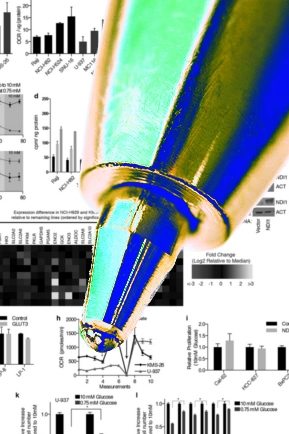New hub to help green tech students
 A new high-tech virtual classroom will soon help Australia's universities create “greener” engineers of the future.
A new high-tech virtual classroom will soon help Australia's universities create “greener” engineers of the future.
A national tertiary team, led by QUT's Dr Cheryl Desha, has created a web-based package of learning resources for engineering lecturers and their students, which focuses on energy efficiency education.
In particular, it aims to equip engineering students with the ability to conduct energy efficiency assessments and improve energy performance across major sectors of the Australian economy.
The Energy Efficiency Education Resources for Engineering (EEERE) project involved QUT's Science and Engineering Faculty and other university partners including the University of Adelaide, University of Wollongong, Victoria University, and Royal Melbourne Institute of Technology.
Dr Desha said the free online resources were “course-ready” for lecturers and students.
“It's widely acknowledged that energy efficiency provides an immediate, simple and cost-effective way to manage rising energy costs and reduce Australia's greenhouse gas emissions,” Dr Desha said.
“These new resources will boost the ability of tertiary institutions to give engineering undergraduates the most up-to-date knowledge and skills in identifying, evaluating and implementing energy efficiency opportunities.
“The package includes 10 videos and supporting flat-pack lecture and tutorial notes, two deep dive case studies and a virtual experience 3D model through a commercial building.
“The information can be spliced into existing lecture material, with the virtual reality experiences enabling students to navigate work-sites and conduct energy efficiency assessments from their home, office or classroom.”
The $460,000 EEERE project was funded by the Australian Government, and supported by Engineers Australia, the Australasian Association of Engineering Education, Australian Council of Engineering Deans, Australian Sustainable Built Environment Council, Australian Power Institute, and Mining Education Australia.
“This is the first time this level of funding and collaboration has occurred to develop online open-access resources in education for sustainable development,” Dr Desha said.
“The energy efficiency education resources are a huge achievement, demonstrating what is possible for the future in capacity building for sustainable development.
“The project sets a national precedent for tertiary cooperation in curriculum renewal.”







 Print
Print